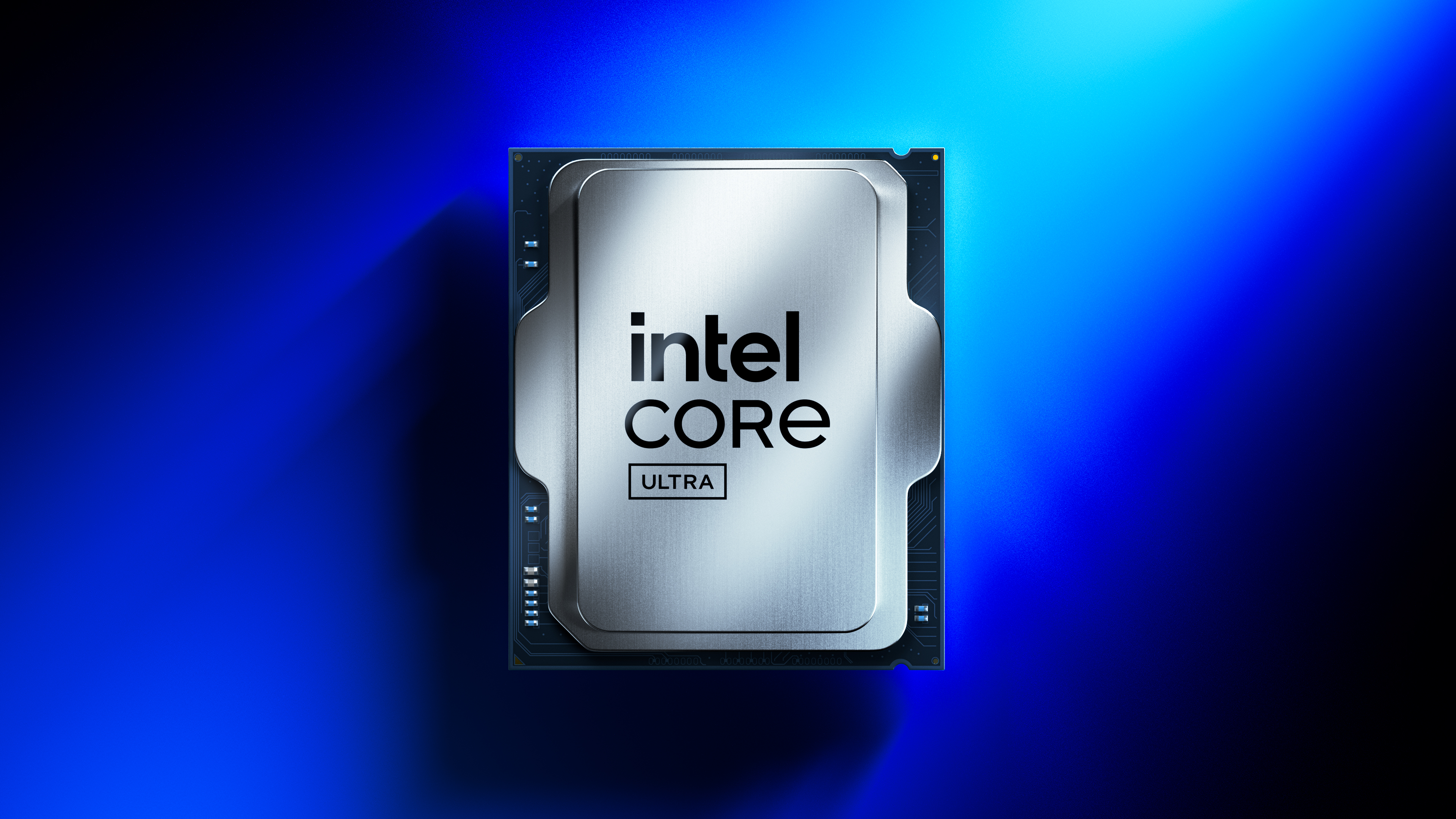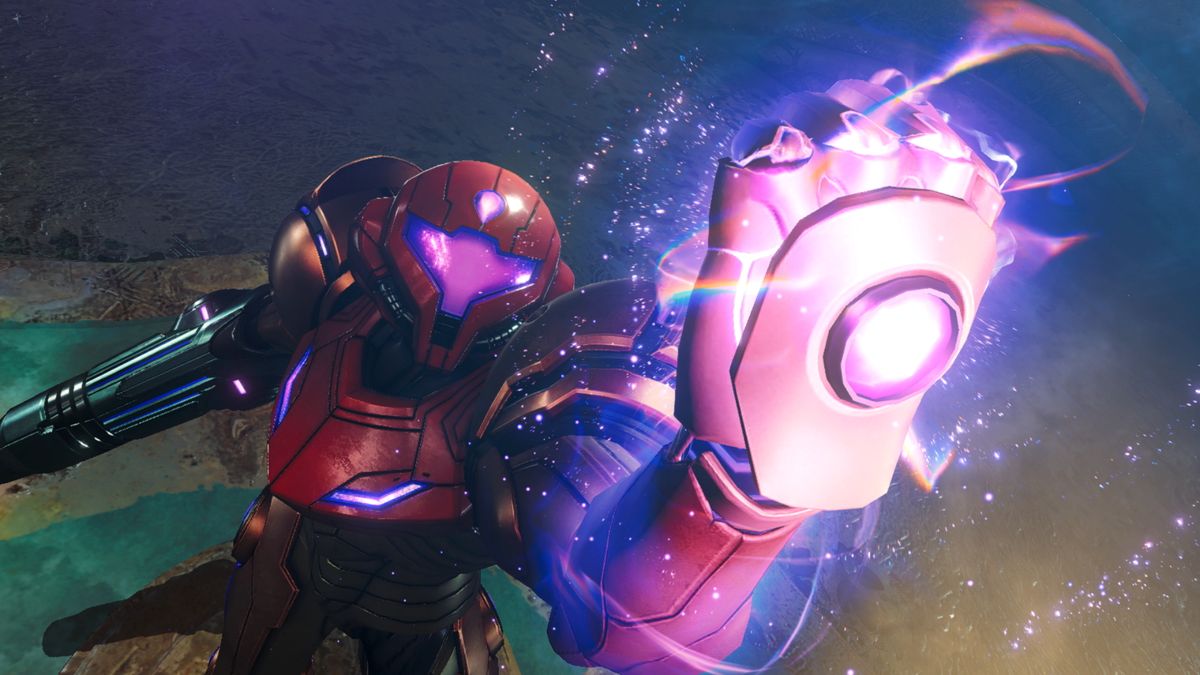Due to ongoing layoffs and corporate restructuring, numerous projects at Intel are being canceled or reassessed. But Intel's Application Optimization (APO) remains active, as confirmed by an Intel engineer — identified as Aaron_McG_Official, on Reddit (via Uniko's Hardware). However, because of constrained resources, future development will be restricted to current and next-generation Intel processors.
Intel introduced APO with the launch of its 14th Generation Raptor Lake Refresh processors in 2023. Support eventually extended back to the previous 12th Generation Alder Lake and 13th Generation Raptor Lake chips, which also resided on the LGA1700 platform, and the Core Ultra 200S (codenamed Arrow Lake) series was added later.
APO is a driver-based solution that enhances gaming performance by optimizing the utilization of resources (P-cores and E-cores) in real time within Intel's hybrid processors. It is not merely a matter of disabling the E-cores and directing games to operate exclusively on the P-cores, and a notable consideration with APO is that it is not a one-size-fits-all approach, as each optimization is tailored to a specific processor. For instance, the newest Core Ultra 9 285K may support a broader range of titles compared to the previous generation Core 19-14900K.
Logically, conducting tests on each SKU with various graphics cards across different games requires a substantial amount of effort. Aaron_McG_Official asserted that Intel is not working with Alder Lake or Raptor Lake processors — because of recent unfortunate events — and that its primary focus remains on the current generation. While support for earlier generations may exist, it is expected to be limited.
Intel conducts tests using a reference system with stock settings. Therefore, if you have overclocked your hardware — the processor, memory, or graphics card — or have implemented different power limits, APO may not offer any tangible performance improvements for you, so it's one of those 'your mileage may vary' kind of features.
Intel last updated APO in May. The list has fewer than 50 games, which is pretty short considering the technology has been on the market for two years now. There's support for popular titles, such as Dota 2 and Counter-Strike 2, as well as high-profile releases, like Cyberpunk 2077 and Red Dead Redemption 2. According to an Intel engineer, the chipmaker will update APO quarterly (meaning a new release should be right around the corner).
Nova Lake, which is scheduled for a 2026 launch, is rumored to have a hybrid design, which could be a factor in why Intel hasn't simply discontinued APO. Also, some people within the hardware community speculate that some Nova Lake processors may incorporate a bLLC (Big Last Level Cache), similar to AMD's 3D V-Cache technology, to compete with AMD's Ryzen X3D processors. We will have to wait and see whether these claims are accurate; if not, APO remains a potential way for Intel to close the gaming performance gap with AMD.
Follow Tom's Hardware on Google News to get our up-to-date news, analysis, and reviews in your feeds. Make sure to click the Follow button.

 3 months ago
60
3 months ago
60






 English (US) ·
English (US) ·